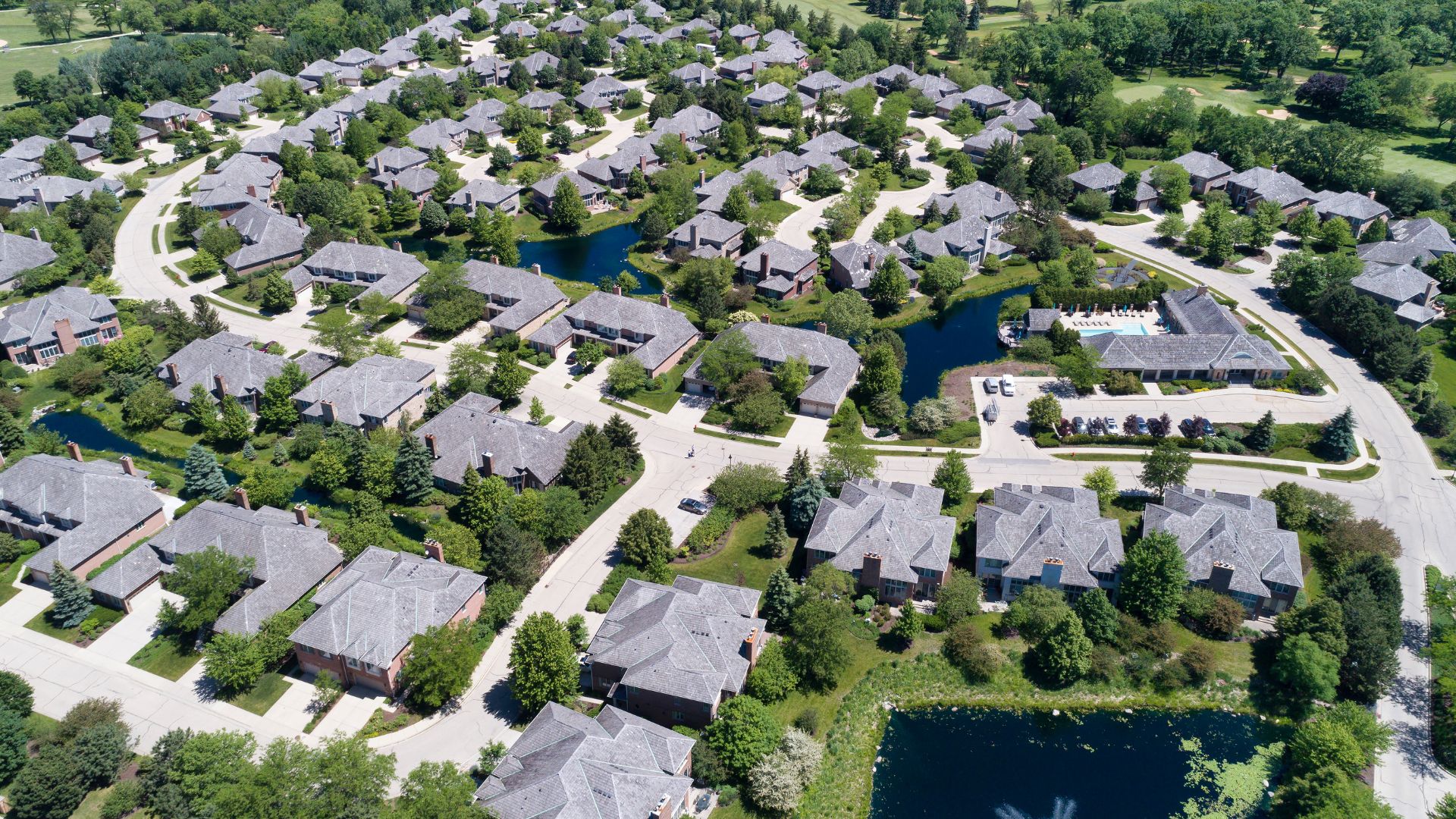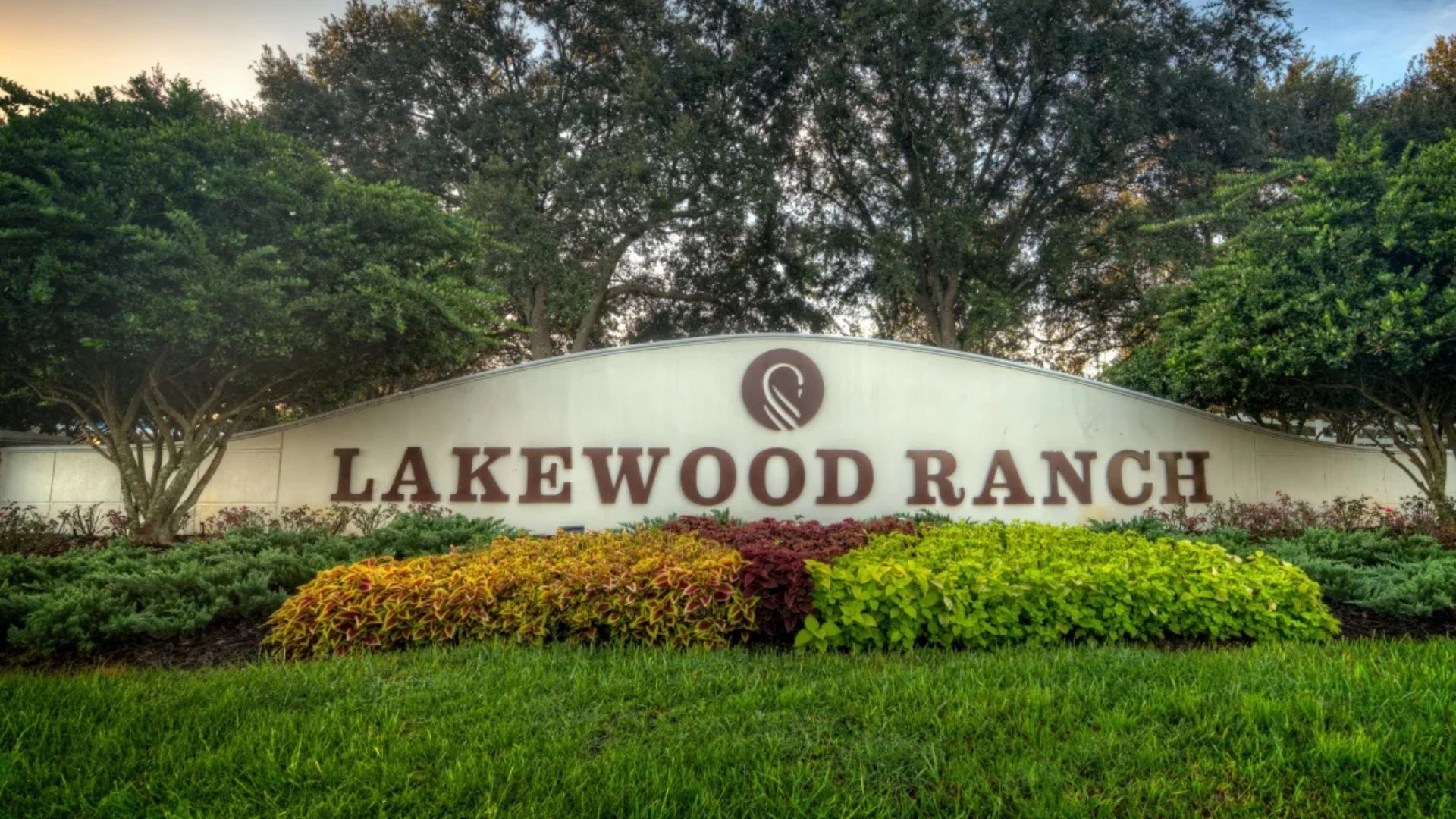
You’ve seen them. Those sprawling, master-planned communities with pristine landscaping, winding bike trails, zero-entry pools, and clubhouses that look more like five-star resorts. As a realtor, you’re selling that lifestyle. As a homebuyer, you’re dreaming of living it.
But then, you see a line item on the property’s tax bill: Community Development District (CDD). It sounds official, a little boring, and suspiciously like an extra tax.
What is this mystery fee? Is it a red flag? Is it a scam?
Relax. A CDD isn’t a boogeyman. It’s the financial engine that makes that resort lifestyle possible. For realtors, understanding it makes you an invaluable expert. For buyers, it’s the key to knowing exactly what you’re paying for.
What in the World Is a Community Development District (CDD)?
In short, a Community Development District is a special-purpose government entity.
Think of it this way: a developer wants to build a massive 1,000-home community. To make it desirable, they need to build everything—roads, water and sewer lines, stormwater management systems, and, of course, the glamorous amenities.
This infrastructure costs tens of millions of dollars. Instead of the developer paying this all upfront (which would make home prices sky-high), they establish a CDD.
- The CDD gets a loan (by issuing tax-free municipal bonds) to finance the entire infrastructure.
- The developer builds the roads, amenities, and common areas.
- The homeowners pay back the loan over time.
That CDD fee you see is your share of the loan repayment and the ongoing upkeep. You’re not just paying a “fee”; you’re paying for the very roads you drive on and the pool you swim in.
The CDD Bill: Deconstructing the Two-Part Fee
This is the most important part to understand. The CDD fee that appears on your annual property tax bill (as a “non-ad valorem assessment”) is made of two separate parts:
- The Bond (or Debt Service): This is your portion of the mortgage on the infrastructure. It’s a fixed amount, and this part has an end date! These bonds typically last for 20-30 years. Once this bond is paid off, this part of your fee disappears forever.
- Operations & Maintenance (O&M): This is the cost of keeping everything running. It pays for the electricity for the streetlights, the chemicals for the pool, the landscaping for the common areas, and the staff at the clubhouse. This part never goes away. It’s the ongoing cost of living in an amenity-rich community and can fluctuate slightly each year.
Simple Analogy: The Bond is the mortgage you pay to build the pool. The O&M is the monthly electric and cleaning bill to keep the pool running.
The Classic Showdown: CDD vs. HOA
“So, if I have a CDD, I don’t need an HOA, right?” Wrong.
This is the number one point of confusion. Many communities have both, and they do completely different jobs.
- A CDD (Community Development District) is a government entity.
- What it does: It finances, builds, and maintains large-scale public infrastructure (main roads, water management, large-scale amenities like a main clubhouse or pool).
- Analogy: The CDD is the municipality or builder of the neighborhood’s framework.
- An HOA (Homeowners Association) is a private corporation.
- What it does: It enforces community rules and maintains private property. It’s the “architectural review board” that ensures you don’t paint your house bright purple, and it may maintain small, private neighborhood-only parks.
- Analogy: The HOA is the rule-keeper that protects property values and harmony.
The Easiest Way to Remember: The CDD builds the neighborhood. The HOA polices the neighborhood.
A Realtor’s Guide: How to Talk About CDDs
As an agent, transparency is your greatest asset. Never shy away from the CDD fee—make it a central part of your value presentation.
- DON’T say: “It’s just an extra tax you have to pay.” This is negative and unhelpful.
- DO say: “This is the financial mechanism that funds the incredible lifestyle you see. Let’s look at what this fee gets you.”
- Frame the Value: “You’re not just buying a house; you’re buying a membership to a multi-million dollar amenity center. The CDD fee is your pass. If you were to pay for a separate gym membership, pool club, and park access, it would cost far more.”
- Show, Then Tell: Take your clients to the amenity center first. Let them see the state-of-the-art gym, the lazy river, and the tennis courts. Then, explain the CDD as the funding source.
- Know Your Stuff: Before you list or show a property, pull the tax records. Identify the exact CDD amount. Find out how many years are left on the bond. This makes you look prepared and trustworthy.
A Homebuyer’s Guide: Is a CDD Worth It?
This is a personal, financial, and lifestyle question.
- The Pro: You get access to world-class amenities for a fraction of their total cost. This can significantly increase your quality of life and often helps stabilize or even boost property values.
- The Con: It’s an additional, non-optional expense on top of your mortgage, taxes, and potential HOA. Your total cost of ownership is higher.
Ask yourself one simple question: “Will I actually use these amenities?”
If you’re an active family that will be at the pool every weekend, use the gym, and walk the trails, a CDD is an outstanding value. If you’re a private person who hates community pools and just wants a yard, you might be paying for someone else’s fun.
The Bottom Line
A Community Development District (CDD) is not a hidden trap. It’s a trade-off. It’s the transparent, pay-as-you-go system that allows developers to build the spectacular, amenity-filled communities that define modern living.
For realtors, it’s your job to explain it with confidence. For buyers, it’s your job to decide if that lifestyle is worth the price.
Disclaimer: The information and opinions provided are for general educational, informational or entertainment purposes only and should not be construed as legal advice or a substitute for consultation with a qualified attorney. Any information that you read does not create an attorney–client relationship with Barnes Walker, Goethe, Perron, Shea & Johnson, PLLC, or any of its attorneys. Because laws, regulations, and court interpretations may change over time, the definitions and explanations provided here may not reflect the most current legal standards. The application of law varies depending on your particular facts and jurisdiction. For advice regarding your specific situation, please contact one of our Florida attorneys for personalized guidance.
Trust • Experience • Results
Ready to Get Started?
Get started with Barnes Walker today.














